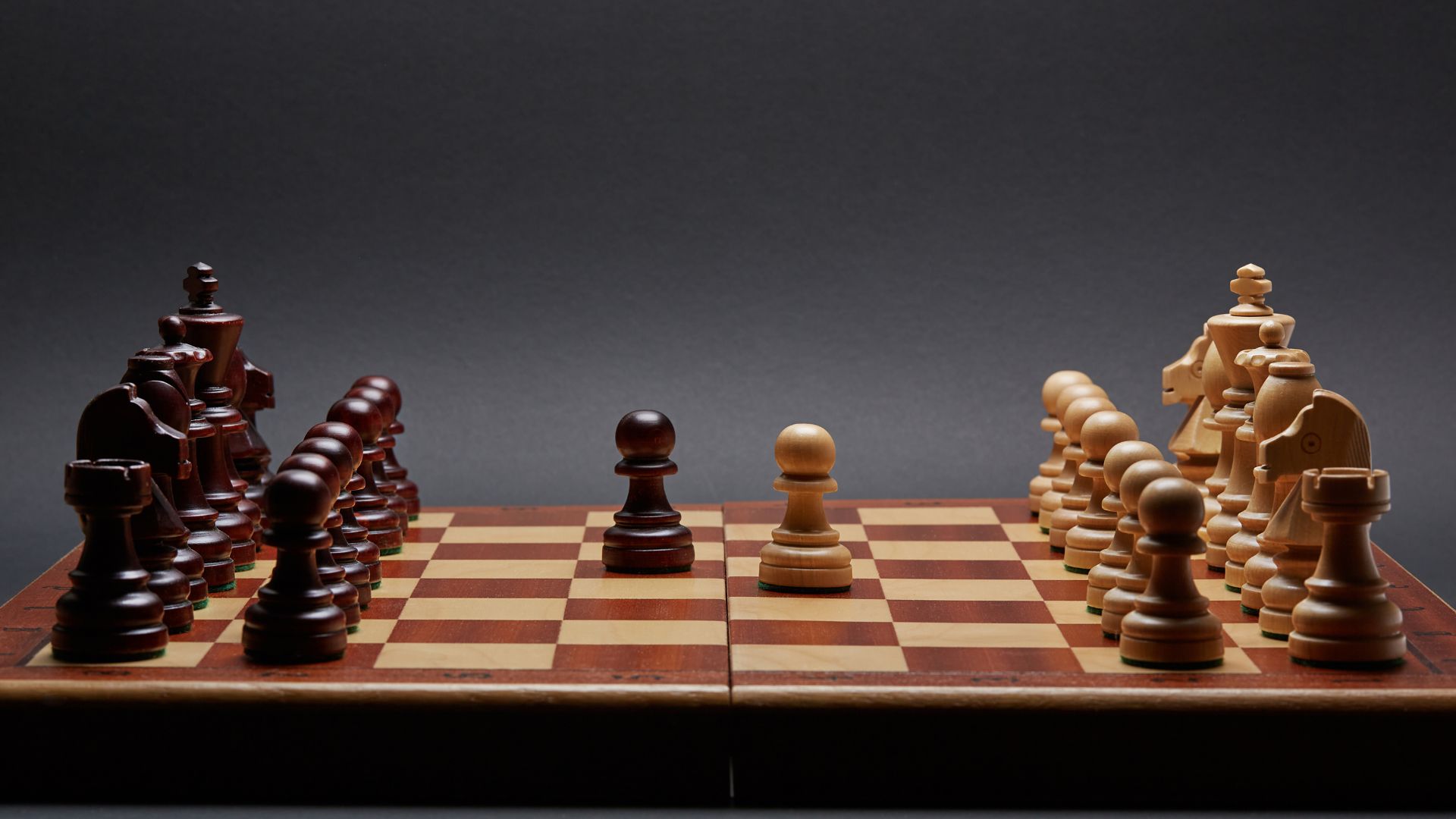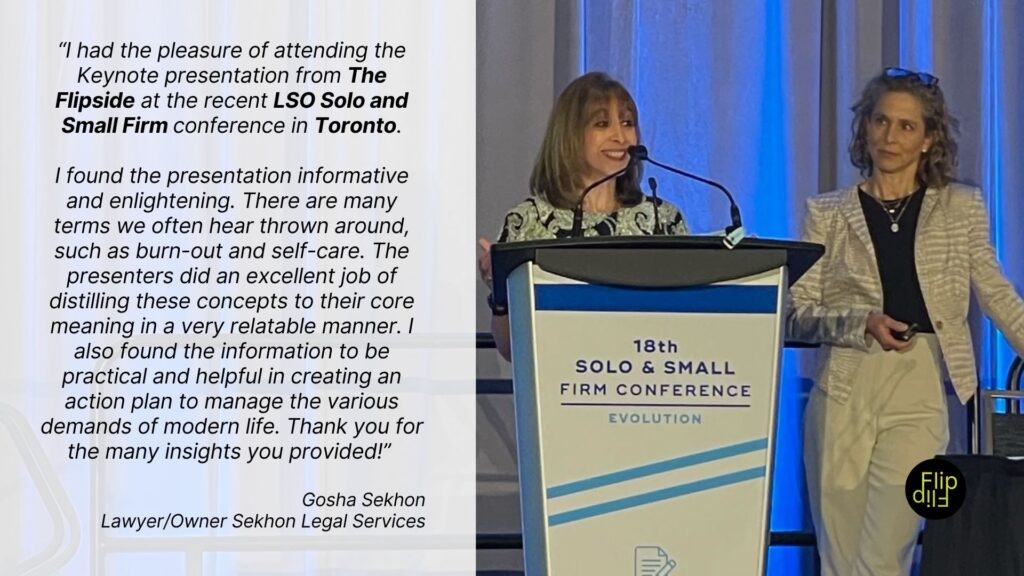Stress
Game On: How playing games can help you to Beat Stress!

Many years ago, during my days of being a practicing lawyer and having to commute daily between Oakville and downtown Toronto, my preferred way of passing the time on the train was to have a good book with me. This was not a problem on the way in, however, on my way back, the fatigue of the day, the constant movement of the train, and the book became the perfect recipe to fall asleep for at least 20 minutes. And while this sounds delightful the unintended “nap” wreaked havoc on my sleep. I would find myself wide awake at 11:30 p.m. knowing that my alarm would go off at 4:30 (yes, those were crazy times in my life).
So, as much as I adore a good book, I had to look for an alternative. I asked my husband to teach me how to play Sudoku. My dislike for numbers was certainly going to keep me awake. Indeed, solving the puzzles proved to be challenging and kept my mind engaged until the train reached my stop. Completing a game wasn’t my objective, and making occasional mistakes didn’t bother me either.
The unexpected consequences!
I achieved my goal and was able to stay awake on my way back home. However, I also started noticing a few things: I would get home in a better mood, despite how challenging my day had been, and I felt somewhat recharged (mentally, not physically) and ready to navigate dinner, homework, and/or extracurriculars.
I felt so good about this strategy, that I bought a pocket Sudoku notebook that I kept in my office and I would do 5 minutes of a game in between meetings or after a call. Once COVID hit and we were all sent home, I kept this notebook and would resort to it after many challenging meetings and calls.
Fast forward several years, I came across a book called “Stress Proof” by Mithu Storoni, MD, Ph.D., whom I had listened to in a podcast interview. The book addresses stress from a scientific perspective while also providing tools and techniques to navigate the daily stress in our lives. I was surprised to see that playing a game has been studied as a fabulous tool for stress management. All of a sudden, my experience (which is considered just an anecdote with little scientific value) was backed by science!
Sudoku or Call of Duty?
However, before you stop reading to jump on a game of Fortnight or Call of Duty, let me provide you with the science as not all games are created equal, and consequently, not all games will have the same effect on you.
Dr. Storoni refers in her book to a small randomized, controlled study that showed that playing a game such as Tetris (the game used in the study), suppressed the emotional brain’s reactivity by reducing the activity in the amygdala (the part of the brain that deal with emotions).
So, what type of game should you choose? Dr. Storoni indicates that it should be games that require working memory and reasoning skills and absorb attention. This makes sense, as many times stress also triggers several unwelcomed emotions. If we stay with our emotions, then rumination follows and it becomes a never-ending story. If we can play games that require our cognitive skills, such was the case of Sudoku for me, then we suppress the emotions allowing our brain to take a breather, helping us relax.
Gaming’s Flow State
Games such as Sudoku are especially good because, as indicated in an article published in Psychreg, “it requires players to focus on the grid and apply critical thinking and problem-solving skills to find the proper solution for each cell. While doing so, gamers are usually completely focused on the activity at hand rather than the tensions or anxiety-inducing sources in their lives”.
This state of total focus is known as “Flow” in the realm of positive psychology. This flow state is highly desirable and allows us to remain focused on one task only, and be present in the here and now, which is precisely what mindfulness and meditation techniques look for.
Furthermore, an academic paper entitled “Stress Reduction: Casual Gaming versus Guided Relaxation” shows that “casual gaming” has a positive effect on mood more than meditation/guided relaxation and sitting quietly. Interesting, right? But what exactly is casual gaming? It has been defined by the Casual Gaming Association as “nonviolent, arcade-style games that require no prior video gaming experience or time commitment”. So, no, your teenager cannot argue that Call of Duty will relax him/her!
Gaming instead of Meditation?
Can playing games substitute other relaxation techniques such as meditation? While I wouldn’t go as far as saying they can, recent research suggests that digital games may be effective in promoting post-work recovery, although the effect in the real world may be cumulative rather than instant.
Managing stress is something that we all can learn to do, and sometimes the tools available are around the corner. No time to meditate, or perhaps you don’t like meditation (although I would insist that you give it a try), and want something powerful next time you have 5 minutes in between meetings? Keep a good Sudoku, crossword, or mental games notebook with you. You will be amazed at the power of connecting to other areas of your brain and the impact it has on how you enter your next meeting!
If you want to read more articles like this, don’t hesitate to visit our website
Happy playing!
MV





